Future models will feature floor mats and trims made from ECONYL yarns produced from plastic waste and utilising a process that reduces emissions in production by 90% compared with the material produced from oil
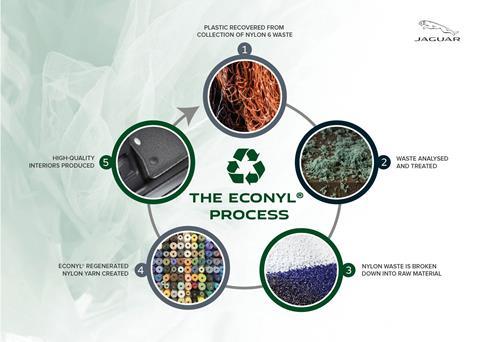
The ECONYL regenerated nylon fibre has been created by Aquafil and is derived from recycled industrial plastic, fabric offcuts from clothing manufacturers, fishing nets from the farming industry and those abandoned in the ocean.
The waste is analysed, treated and prepared to feed into a chemical plant, where the nylon waste is broken to its original raw material using a chemical treatment process, known as depolymerization. The raw nylon material is then turned into the ECONYL yarn.
Throughout the process, other by-products such as non-nylon, metallic materials or copper sulphate which is used for preventing seagrass growing on fishing nets, are removed and sent to alternative industries for recycling.
Adrian Iles, senior engineer of Interior Systems at Jaguar Land Rover, said: “Our designers and engineers are committed to developing the next generation of sustainable materials that will feature on future Jaguar and Land Rover models. We place a great deal of focus on the creation of new sustainable materials, using the latest, most innovative techniques and textiles. Minimising waste, re-using materials and reducing carbon emissions sits at the heart of our Destination Zero mission. This pioneering materials research is one of the key ways we’ll achieve this and is an integral part of our design offering to our customers.”































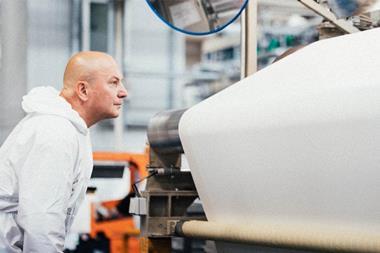
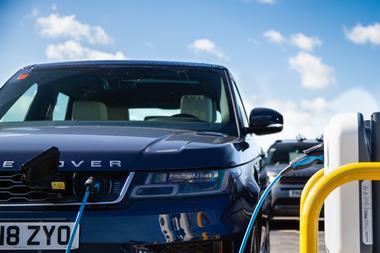
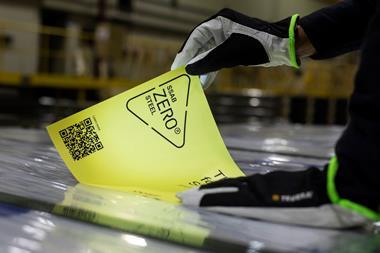

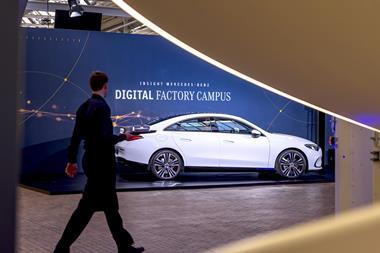




No comments yet